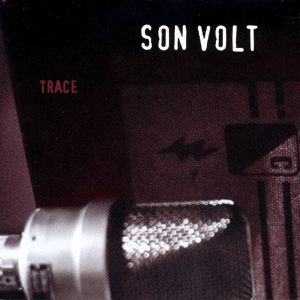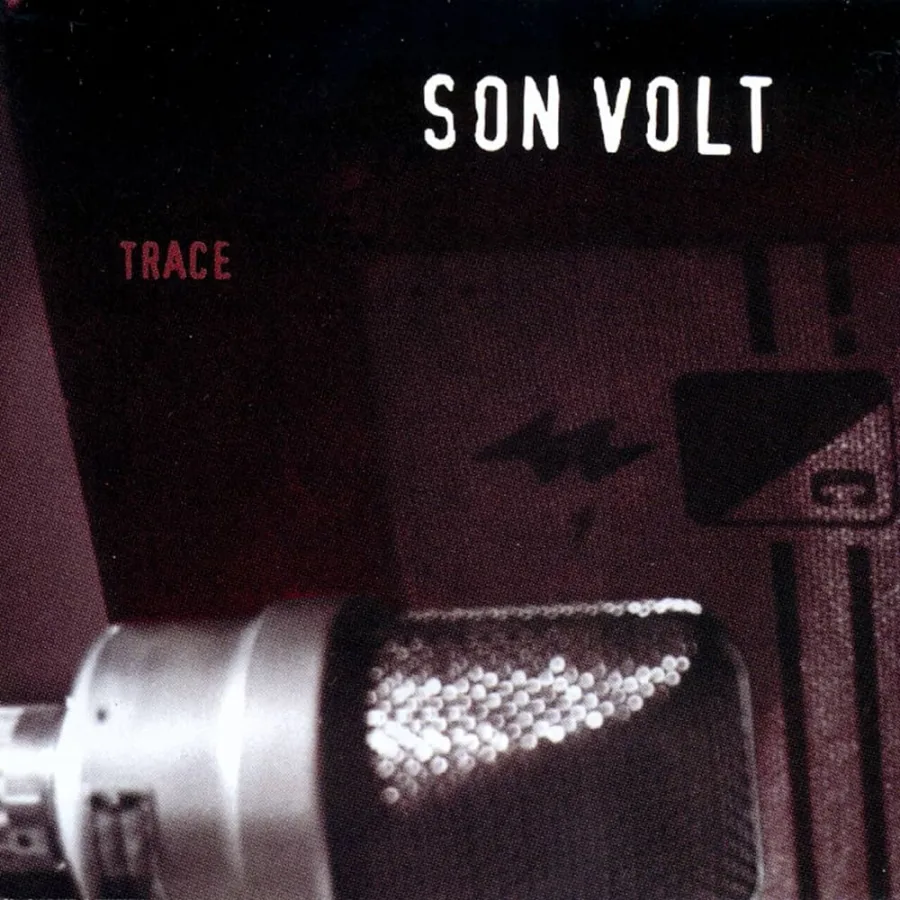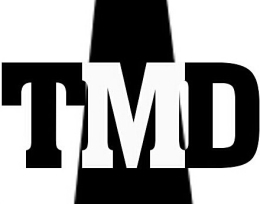We’ve veered away from the mainstream country’s big boom of the ‘90s through the last few editions of this series. Through our exploration of alternative paths taken, we’ve seen artists emerge who brought unlikely sonic fusions to the forefront, as well as those who updated older ones for the modern age. It’s a complex discussion, because in a decade where just about everything was alt-something, what brewed within the melting pot beneath the commercial charts splintered into all sorts of interesting directions, connected more by philosophy than sound. This is merely an extension of a previous discussion, but also a good showcase for how certain pioneers of the movement progressed further. For at least the next few minutes, I hope the wind takes your troubles away.

In our first discussion of country music’s alternative movement, we discussed a band that broke down barriers and paved the way for underground voices to be heard: Uncle Tupelo. We only discussed their landmark debut album, No Depression, but beyond that album’s somewhat fractured (yet still engaging) blend of old-time country and distortion-heavy punk rock, they evolved musically over the course of their next few albums, somehow tethering their unlikely musical influences into a more cohesive and unique package.
As I said before, most fans and critics over the years have noted that there’s a generally consistent level of quality between all of their releases, meaning that picking a standout album is a little more difficult; in many ways, I dare say they were too short-lived of an outfit to reach their fullest heights together. But it is easy to note that general progression and increased precision in performance and sound from one album to the next, with final album Anodyne really threading together the unique melting pot of influences that made the band what it was in a tighter and more consistent package.
From here, the conversation may get messier for a bit, and I’d rather focus on what came after the band’s split than the split itself. Jay Farrar quit the band in 1994, forming new band Son Volt along the way, while Jeff Tweedy took a majority of the cast of players that joined Uncle Tupelo for Anodyne (including drummer Ken Coomer, multi-instrumentalist Max Johnston, and bassist John Stirratt) to form Wilco. That band would push further toward rock’s mainstream, but Farrar outfit, in many ways, seemed to pick up where Anodyne left off, at least in sound.
It makes sense. Tweedy got the players from that final album, but producer Brian Paulson joined Farrar to help craft that band’s debut album, Trace: another album split between restless, gritty punk rock and dark, brooding, acoustic-driven country music. For the record, this won’t be a comparison contest between Wilco and Son Volt or their respective leaders. This is more of an interesting showcase where it’s easier to now hear what each member brought to the table with Uncle Tupelo, and how they had to adapt and fill in certain missing cracks with their new ventures. Rock fans gravitated toward the generally brighter offering from Wilco via A.M., but fans who had always hoped to hear a stronger country side from the previous band gravitated toward the slower, more contemplative Trace.
Indeed, that’s what makes a discussion of this album tricky, because in relation to the more straightforward, youth-driven angst that dominated Farrar’s songwriting with Uncle Tupelo (last comparison, I promise), his writing here is more abstract and impressionistic. Not necessarily in a sense where a deeper meaning is hard to decipher, but more in a sense that it’s driven by other factors first and foremost: imagery, feelings, moods, and a general imagination that lets its haziness settle and simmer and sets a stunning emotional backdrop. I’ve always likened it to a driving album because of that – one that takes a general patience and relaxation to really unlock and appreciate.
A fitting description, I guess, given that it starts with “Windfall,” a genuine hope from Farrar to listeners that they find peace in between the windswept cracks of life. And between the bright but earthy blend of fiddle and pedal steel against a calming, reassuring melodic flow, it nails that atmosphere greatly. But I certainly wouldn’t say it describes the album as a whole. One thing I’ve always loved about Farrar’s voice and delivery is how it’s tailor-made for the slower, melancholic side of country music, given his full-bodied, minor-key-driven tone that wraps around the darker, sadder sentiments of “Tear Stained Eye” and “Ten Second News” chillingly well. It’s an up-and-down ride of acoustic country via “Windfall” and “Tear Stained Eye” as well as rough and electrified cuts like “Live Free” and “Drown.”
If there is an anchoring point with a deeper meaning and connective tissue for it all, I’d say it comes in making peace with old demons and mustering up the drive and courage for new ventures; metatext for this particular outfit, if you will. There’s no real destination in mind on “Windfall” other than the thrill of traveling somewhere new and hoping it leads to fruitful new opportunities, and “Live Free,” the follow-up track with an excellent kick in its progression, could just as easily be about reconciliation as it could anything else.
I’d also say it’s about undergoing change of a personal variety in growing older and shifting priorities, which is basically what defines the moodiness of “Ten Second News” in the pure uncertainty of where that type of journey might take one. And something like “Drown” could act as something of a direct note and life lesson to one’s self to stay on the straight and narrow – or at least be self-aware of the stumbles and falls along the way. If anything, though, while it’s not a criticism of mine, I can see this acting as a somewhat odd detriment in terms of pure accessibility. The majority of this album is about personal reassurance with very vague life lessons and personal advice peppered across in bits and pieces, and it’s one of those cases where greater detail or variety might help it be a tad more engaging at points (a general criticism that has followed this band since this album, really).
Granted, that sort of abstract haziness is a really big selling point of the album for me, but I will also say that the Ronnie Wood cover of “Mystifies Me” that closes out the album has always felt like a somewhat sour and off-putting moment for me. I much prefer “Too Early,” another song of imparted wisdom from our protagonist, but also one that feels weightier and more informed by an entire album where it feels like the journey of personal peace is nearing its end off the muted dobro and accordion – or at least has found a place to rest and reflect for a moment and offer what’s been learned along the journey thus far.
But I’d also say the presentation is just as essential to this album as the words on paper, and there are so many musical moments to love: the soft percussive patter intertwined with the windswept pedal steel on “Tear Stained Eye”; the abrasive punch of “Drown”; the general soft-and-loud balancing act of “Loose String” that reflects how hard it is to find your own place in life; and especially the groove-heavy riff that drives “Catching On” for one of my favorite moments here.
And that’s the thing about Trace in general: Its pleas for personal peace and stability within an ever-changing world and an ever-changing mind feel relatable and timeless, and it’s still as sonically fresh now as it was nearly 30 years ago. It made revisiting it something of a cathartic experience for me; like an excuse to roll down the windows and watch the landscapes roll on by, all to enjoy the moods and feelings, wherever the wind takes me next. I’d argue it’s alt-country at some of its very finest ever.
And we’re not done quite yet with this discussion. Join me next time, where we’ll cap off our look at the underground with one more album: Lucinda Williams’ Car Wheels On a Gravel Road.


Loving the Alt Country and a great review on Son Volt. A guy I always say “why don’t I listen to more of this?”
LikeLiked by 1 person
Most definitely the first album to get me interested in alt country. Very hard to believe it has been 30 years. Wondering if you are considering reviewing the new Willy Tea Taylor album. Serious contender for album of the year for me.
LikeLiked by 1 person
I must say that I enjoyed this quite a bit more than the Uncle Tupelo album from earlier in this series. Looking forward to the next instalment as I’ve never actually listened to the Car Wheels On a Gravel Road album.
LikeLike